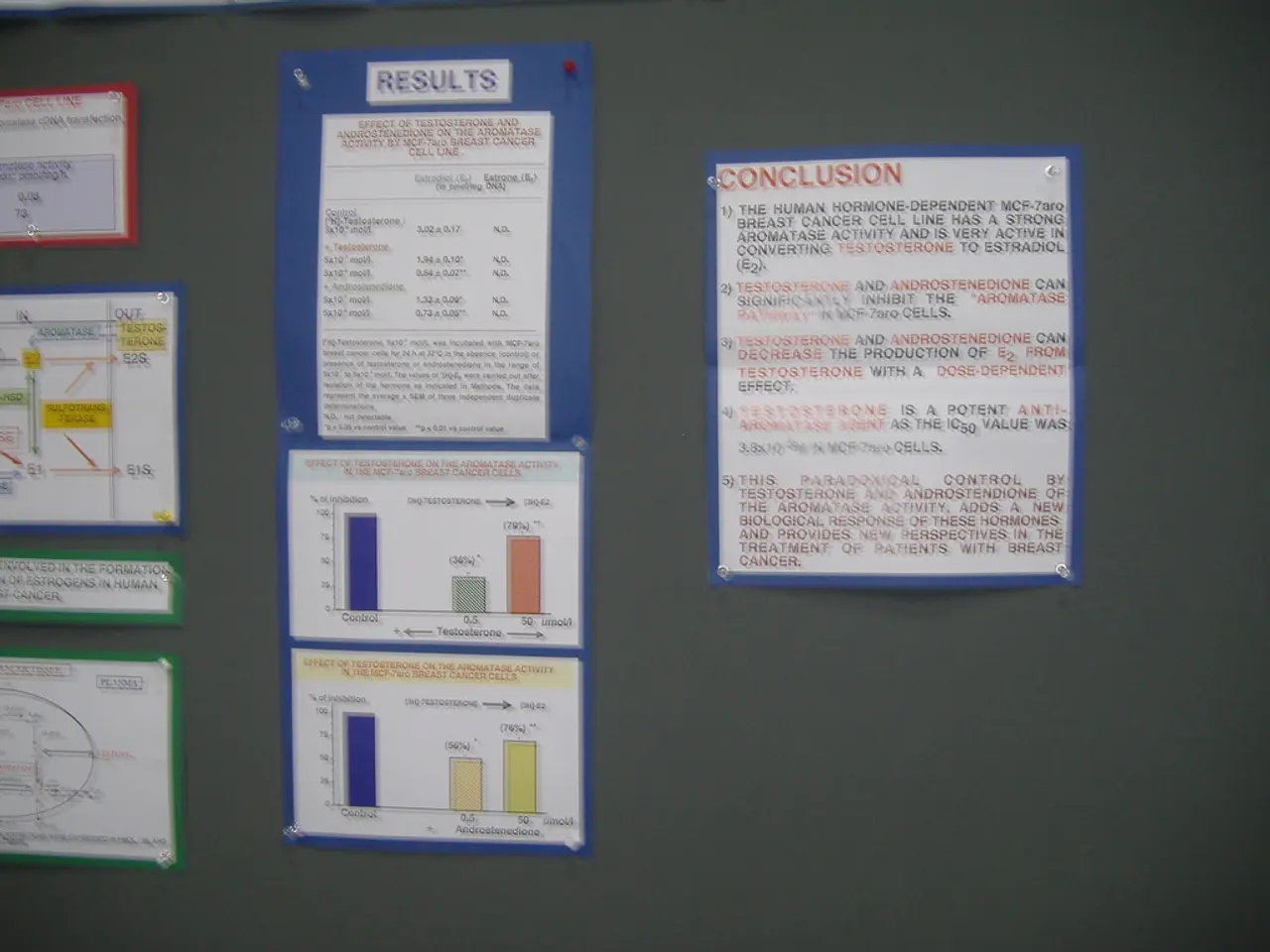Danish authorities unveil plans for modifications to work permits regulations
The Danish government has announced a significant change to the Pay Limit work permit scheme, increasing the minimum salary threshold for foreign workers from non-EU countries. Effective July 1, 2025, the minimum annual salary required to qualify under the scheme will be DKK 514,000 (approximately DKK 74,958 per month), up from the current DKK 487,000.
This change applies across various work permit categories, including the Pay Limit Scheme, Supplementary Pay Limit Scheme, Fast-track Scheme, and others. The increase aims to align foreign workers' pay with Danish national wage standards, ensuring fair compensation and preventing underpayment.
Key details of the new policy include the following:
- **Salary requirements**: Only fixed and guaranteed salary components count toward the minimum pay threshold. These include base pay, holiday allowance, and contributions to labor market pension schemes. Benefits such as accommodation or meals do not count. - **Salary payment**: Salaries must be paid into a Danish bank account for contracts exceeding six months, a rule effective since January 2021. Applications after September 1, 2024, must declare salary figures in Danish kroner (DKK). - **Assessment data**: Eligibility will be assessed based on updated Danish income statistics, refreshed quarterly. For applications submitted after June 30, 2025, the Q1 2025 income data will be used.
The salary threshold increase will make it more challenging for some foreign workers from 16 non-EU countries to qualify for work permits, especially if their job offers do not meet the higher salary requirements aligned with Danish wage standards.
Employers seeking to hire from these 16 non-EU countries must offer salaries meeting the new threshold; otherwise, applications will be refused. Pending applications filed before the changes are unaffected, but new and renewal applications must comply with the updated salary requirements.
In a statement, Minister for the Economy Stephanie Lose stated that the scheme will not be limited unless unemployment rises, to prevent foreign workers from keeping Danes out of the labor market. The scheme will be suspended if unemployment rises to ensure that Danish workers have priority access to job opportunities.
The Danish government believes that tax revenue from foreign nationals has been an important contributor to Denmark's economic growth. The new policy is expected to make it easier for Danish employers to hire from the 16 eligible countries while ensuring that foreign workers are fairly compensated and contribute positively to the Danish economy. The plan must be approved in parliament, but it is expected to be a formality due to the government's majority.
Minister for Higher Education and Science Christina Egelund described the scheme as a "gigantic breakthrough" for recruitment. The move is expected to bring more skilled foreign labor to Danish companies, increasing their capacity and potentially boosting economic growth. However, the policy has been a source of contention within the coalition government, with the Social Democratic party opposing an increase due to concerns about the impact on Danish workers.
Overall, the Danish government's new policy represents a significant shift in the country's approach to foreign labor, aiming to balance economic growth with fair compensation for foreign workers while prioritizing opportunities for Danish workers. The changes will take effect in July 2025, and employers and foreign workers alike will need to adjust to the new requirements.
- The adjustments to the Danish work permit schemes will affect not only the Pay Limit Scheme but also the Supplementary Pay Limit Scheme, Fast-track Scheme, and others, as specified in the new policy.
- The increase in the minimum salary threshold for foreign workers from non-EU countries under the Pay Limit work permit scheme will align foreign workers' pay with Danish national wage standards, according to the Danish government's statement.
- In the realm of policy changes, the Danish government's new work permit policy, assuming parliamentary approval, is anticipated to make it easier for Danish employers to hire from 16 eligible countries while ensuring fair compensation for foreign workers.
- Minister for Higher Education and Science Christina Egelund considers the new policy a significant opportunity for recruitment, predicting that it will attract more skilled foreign labor to Danish companies, potentially contributing to economic growth.



